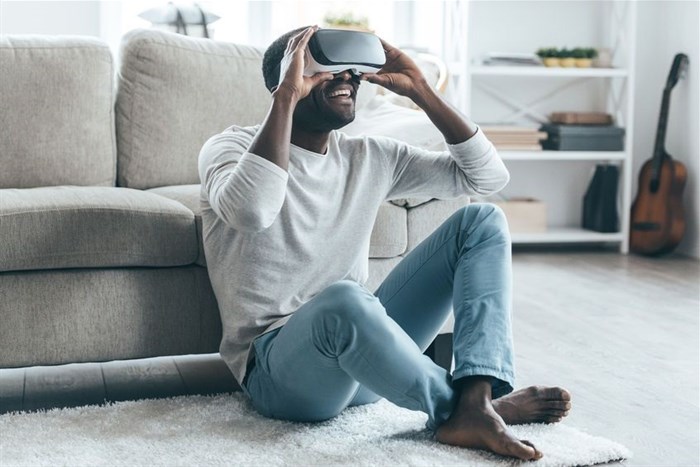
Technologies such as virtual reality (VR), robotic assistants and AI chatbots are already facilitating smoother customer experiences across the industry. Global sales of public relations robots are forecasted to hit 66,000 units by 2020, and beacon technology applications in the hospitality sector are projected to be worth $72bn by 2026.
Charbel Sarkis, regional head of travel and hospitality, retail and eCommerce – MENA, Google, said: "Machine learning is not something that’s going to happen in the future. It’s happening right now.
"The assistance this type of technology provides is very smart. By predicting our behaviour, it can personalise the entire travel experience. If I’m a first-time visitor to Rome, for example, I have different expectations than someone who has been five times before and is returning on business. Machine learning can help to customise the offerings we receive."
Innovations such as the Internet of Things (IoT) could also lead to increased back-of-house efficiency for the sectors such as aviation. Implementing the technology to improve unplanned maintenance costs by just one per cent, for instance, could generate industry-wide savings of up to $250m per annum, according to research conducted by Colliers on behalf of ATM.
Matt Raos, senior vice president business-to-business – corporate and leisure, Emirates, called for travel operators to enhance the end-to-end customer journey by implementing technologies collaboratively.
"The challenge we have is that we’re part of a broader ecosystem," said Raos. "There is no one player that can do everything for everyone on their own. We need to acknowledge that we’re participants in this ecosystem and find ways to collaborate so that we can deliver the things that customers want.
"It’s about making the whole industry work together and proceed at a pace that’s not set by the slowest participant in the chain."
Machine learning and AI-driven innovations such as robot concierges and butlers, as well as facial recognition and room customisation technology, are becoming increasingly popular in the international hotel sector. However, some brands have been reluctant to implement innovations due to high customer expectations that have been driven by trained hospitality professionals.
Danielle Curtis, exhibition director ME, Arabian Travel Market, said: "Average IT investment by hotels currently stands at 4%, yet almost three-quarters of all manual activities in the hospitality industry have the potential to be automated. There is clearly huge potential for our industry to benefit from technology implementation.
"Nevertheless, the hospitality and travel sectors have built up a global reputation based on high-quality, face-to-face service, so it is vital that the right balance between high-tech and high-touch are in place. In the longer term, companies operating within certain countries of the tourism segment, such as the Middle East for example, are likely to remain committed to human interaction, but with the assistance of technology."